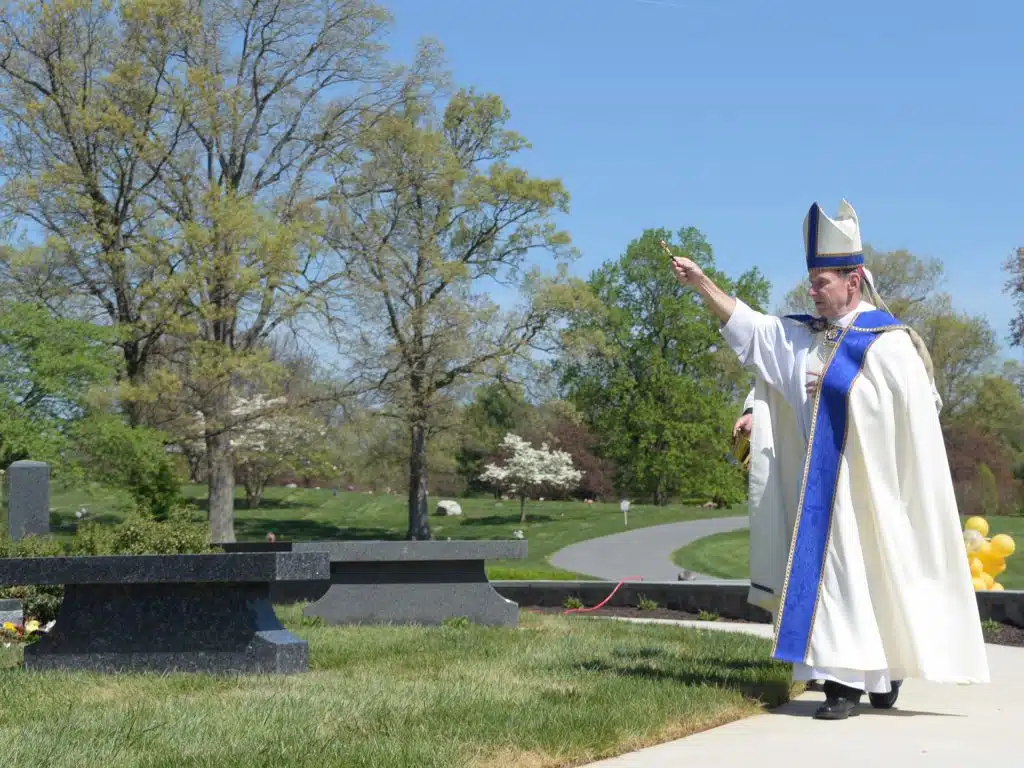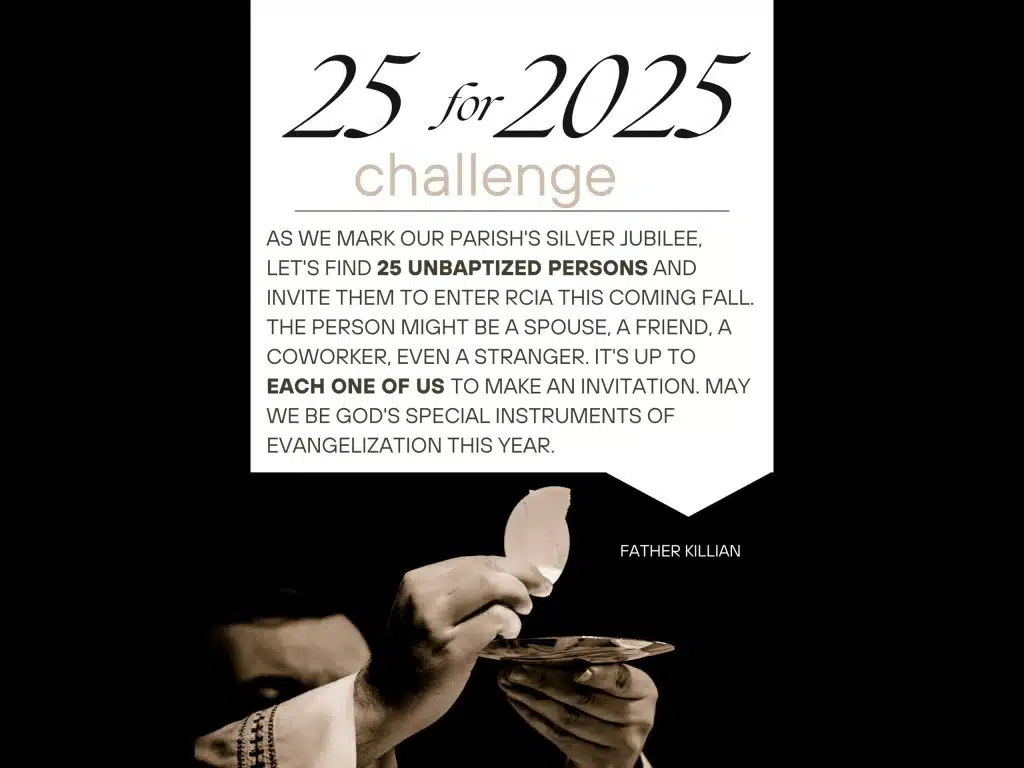“Honor your father and your mother” is the Fourth Commandment in the Ten Commandments. It is not just a commandment for children.
As the baby boomers age, it is also a commandment for adults caring for an aging parent. Keeping this commandment is particularly a problem for priests and nuns.
A priest friend of mine, Msgr. Jack Myslinski, found himself in this dilemma. His father died two years ago. His mother, Patricia, was in declining health. She lived hundreds of miles away in Massachusetts. She had only a year or so to live. Jack’s sister, Donna, was the only one at home with their mother. Donna suffers from rheumatoid arthritis, as did her mother.
Msgr. Myslinski decided that after 30 years of ministry in Washington, D.C., his place was with his family. He left Washington and went home to Massachusetts a little more than a year ago. It proved to be the right decision. His mother died a few weeks ago.
Msgr. Myslinski said he spent more time with his mother in the last year than he had in the previous 30 years. They reconnected. They laughed a lot and enjoyed each other’s company again. When his mother died, there was a sense of peace and fulfillment. At least for the last 14 months of her life, he had been able to fulfill the Fourth Commandment. He appreciated the understanding of Washington Archbishop Donald W. Wuerl, who allowed him to return home.
Some religious orders, such as the Little Sisters of the Poor, recognize this conflict in the priesthood and religious life. They care for the aging parents of priests and nuns so that their children can continue to live their religious vocation. Otherwise, they might have to leave their ministry to honor their parents.
Because priests and nuns are single, we often are called upon to take care of our aging parents. I am in better shape than most priests. My brother and sister are the primary caregivers for my 90-year-old mother. Nevertheless, every six weeks or so, my mom spends about one week at the rectory. It is absolutely necessary. It gives my siblings (and my mom) a break. Caring for an elderly adult can be as exhausting as caring for a young child.
One priest of our archdiocese has his 92-year-old mother stay with him in his rectory about one week per month. His mom lives with his sister in New York. His sister’s job requires a lot of travel. She cannot always fly home to be with her mother. Brother and sister work it out in shared responsibility.
A few years ago, a priest friend of mine in another diocese moved his aged mother into the rectory. At the time, the priest was dying of cancer as well. Both mother and son were approaching their end.
He was told that he could not have her live in the rectory. So he put her in a nursing home. They were both dead within a year. It was a shame they could not have died under the same roof.
Care of our aging and disabled parents is one of the problems of modern clergy and religious. We have not resolved what to do about it. The average age of diocesan priests in the United States is about 60 years old. Many of us have elderly parents in their 80s and 90s. We have to find a way that priests and nuns can continue to serve the Church and still obey God by honoring their father and their mother.
Fr. Daly is pastor of St. John Vianney Church in Prince Frederick, Md.


